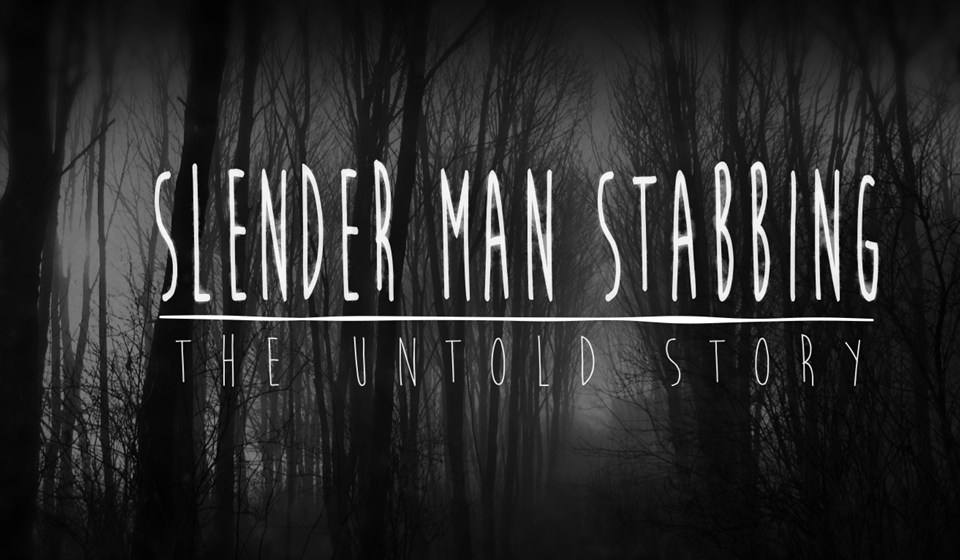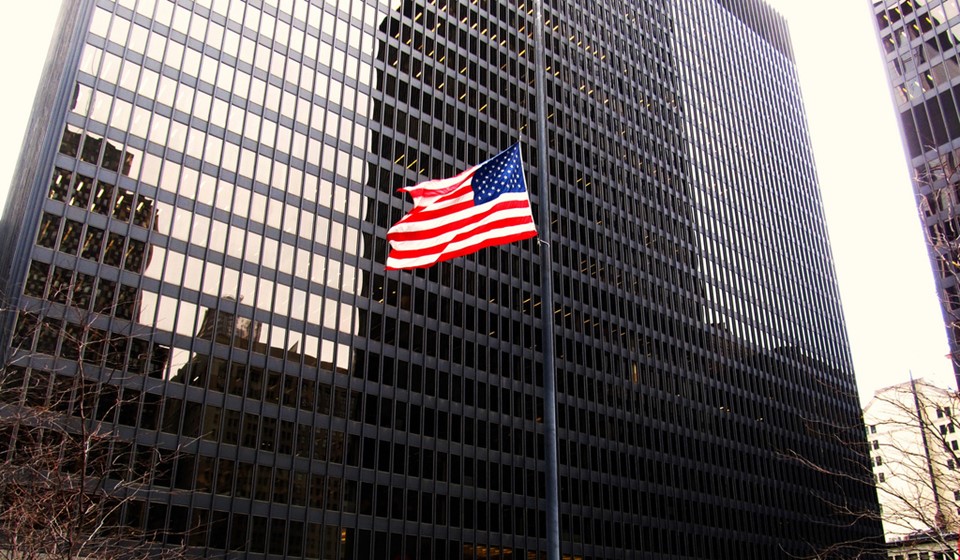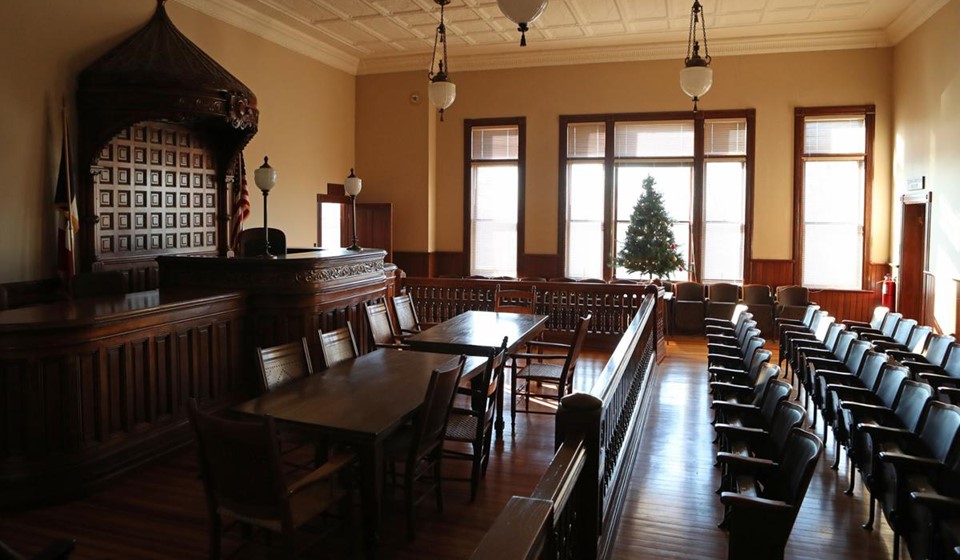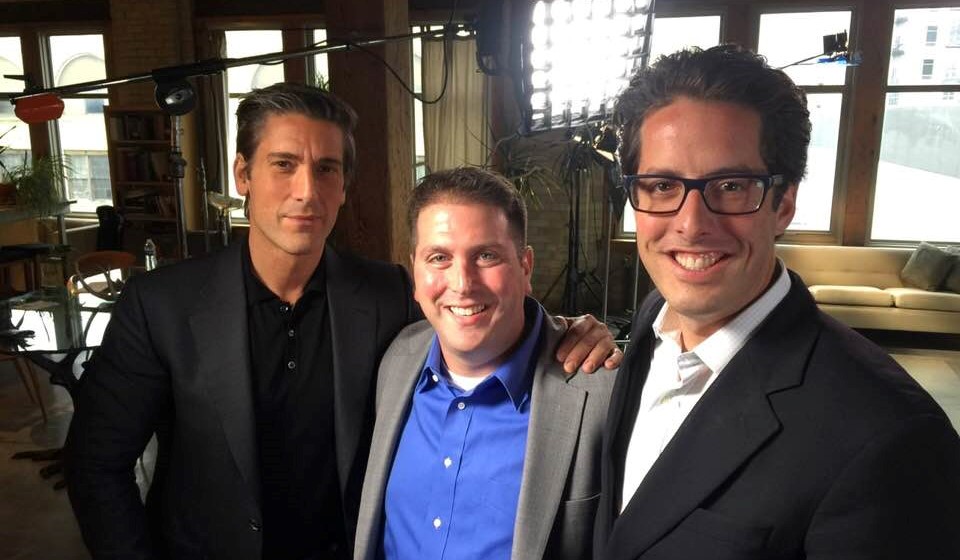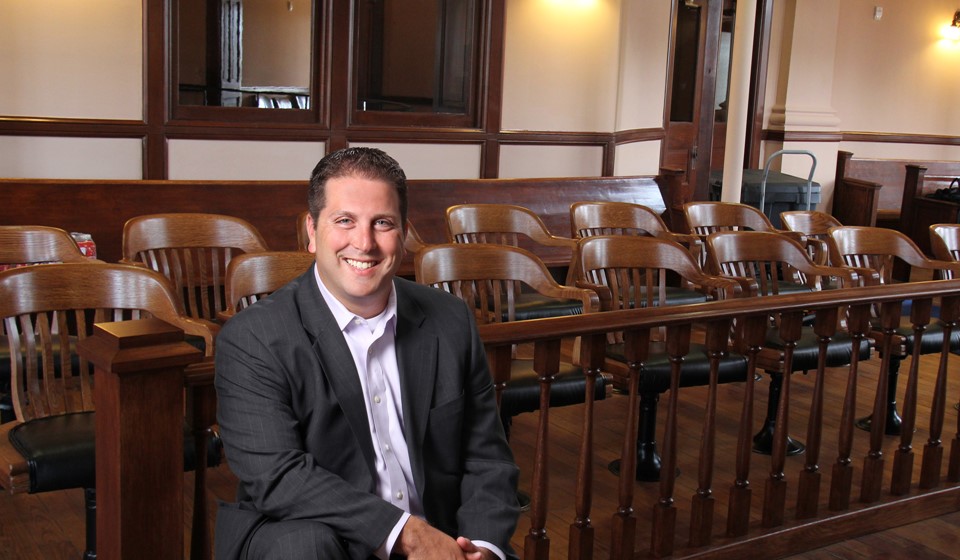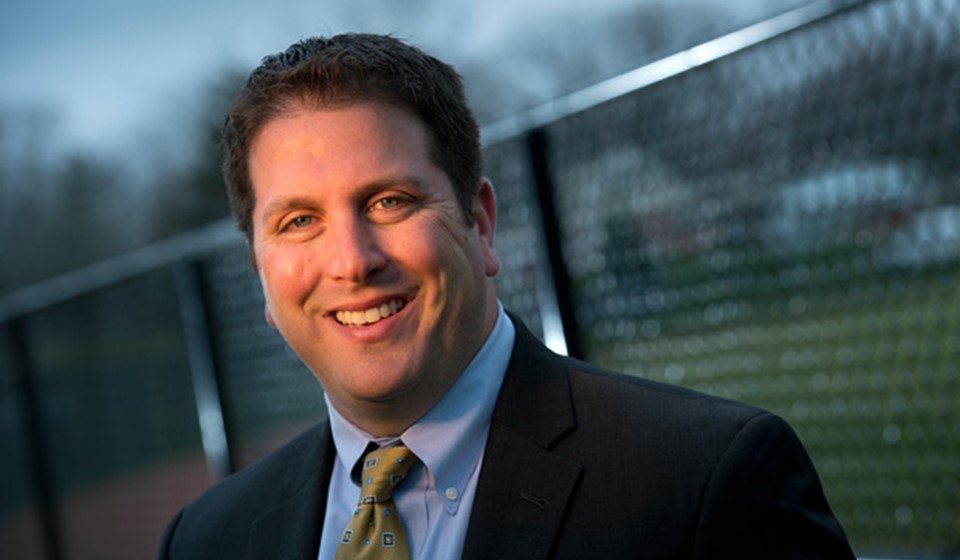Madison – New election maps that Republican state lawmakers drew last year for Milwaukee’s south side violated the voting rights of Latinos and must be redrawn, a panel of three federal judges unanimously ruled Thursday.
The court found other maps the Republicans drew met the requirements of federal law and the U.S. Constitution but blocked the state from using any of the maps for the Legislature until changes are made to two Assembly districts in Milwaukee’s Hispanic neighborhoods.
Nonetheless, the decision signals that – barring a counter-ruling by the U.S. Supreme Court – the GOP-friendly maps will largely be in place for the next decade, starting in November.
While upholding most of the maps, the court criticized lawmakers for the secretive process they used to draw them, saying it was not in keeping with Wisconsin’s history of open government.
“We find that although the drafting of Act 43 was needlessly secret, regrettably excluding input from the overwhelming majority of Wisconsin citizens, and although the final product needlessly moved more than a million Wisconsinites and disrupted their long-standing political relationships, the resulting population deviations are not large enough to permit judicial intervention under the (U.S.) Supreme Court’s precedents” for claims other than those involving the two Latino districts, the court wrote.
The three judges found the maps for Assembly Districts 8 and 9 violate the federal Voting Rights Act and said legislators should quickly redraw them. The judges said legislators must not change the maps for other districts as they redraw the two on Milwaukee’s south side, but Democrats noted the same court in an earlier ruling said the Legislature has free rein to alter any of the maps.
Who will draw new maps?
Regardless, lawmakers probably won’t take up the maps at all, leaving it to the court to set them. Senate Republican leader Scott Fitzgerald of Juneau said there was “not a chance” senators would return to the floor to take up the maps.
Republicans lost their majority in the Senate on Saturday, when. Sen. Pam Galloway (R-Wausau) resigned. Galloway, who was to face a recall election, said she left because of illnesses in her family. Her departure leaves the Senate evenly divided, and both parties would need to agree to come back in session.
The court did not set a timeline for lawmakers to make changes, but observers said maps must be put in place by April 15, when candidates can start circulating nomination papers. Democrats said they want the Legislature to take up the issue and were distressed that Fitzgerald would not agree to return to the floor.
“It is ridiculous that Republicans would ignore a court order to fix an unlawful map. Maybe they should sleep on it,” Senate Democratic leader Mark Miller of Monona said in a statement.
“We need to immediately begin to redraw the maps in a manner that is fully open and transparent and does not, in the words of the court, ‘needlessly move’ more than a million citizens of Wisconsin,” Assembly Minority Leader Peter Barca (D-Kenosha) said in a statement.
State says it’s vindicated
Republican Attorney General J.B. Van Hollen, who defended the state, hailed the court’s decision.
“The judgments made by the Wisconsin Legislature have largely been vindicated,” he said in a statement. “No constitutional defects were found and what began as a scattershot attack on every aspect of these laws has come down to a single finding that one line between two districts should be adjusted.”
The court’s order enjoined the state from implementing the law that created the new 99 Assembly districts and 33 Senate districts, the plaintiffs noted. But Steve Means, Van Hollen’s executive assistant, said he thought there was ambiguity in the order and only the two Latino Assembly districts were blocked.
The lawsuit also challenged the makeup of the newly drawn congressional districts, but the court found they were configured in an acceptable way and did not block the use of those maps.
Once every 10 years, states must draw new districts to account for changes in population identified by the U.S. Census Bureau, and how those lines are drawn can give one party tremendous advantage over the other.
In past decades, for the most part, Wisconsin’s Republicans and Democrats could not agree on maps and courts established the lines. But last year, Republicans controlled all of state government and approved maps that favored their party.
Even before they revealed their maps, a group of Democratic citizens filed suit over them in federal court in Milwaukee. The immigrant rights group Voces de la Frontera later filed a separate suit, and the two were consolidated.
The plaintiffs contended the Legislature violated the federal Voting Rights Act by diluting the voting power of Latinos by dividing them into two Assembly districts on Milwaukee’s south side instead of concentrating them into one, and the court agreed with them.
The group of Democrats argued the maps were also improper because they make too many people wait six years, instead of the usual four, between their chances to vote in a state Senate election.
State senators serve four-year terms, and this fall half of them are up for election, with the other half up in 2014. Nearly 300,000 people who had lived in a Senate district that is up in 2012 have been moved into ones with elections in 2014. That means they have to wait six years, instead of the usual four, between elections.
The plaintiffs contended that shift violated those voters’ constitutional rights and that lawmakers could have minimized the number of affected voters. The court said it was sympathetic to those voters, but the issue did not rise to the level of a constitutional violation.
Judges jab Republicans
The judges took digs at the Republicans throughout their decision, as they have in past rulings. They said they had trouble believing the sworn testimony of Tad Ottman and Adam Foltz, two Republican aides who drew the maps for lawmakers and insisted that partisanship played no role in where the lines were drawn.
“We find those statements to be almost laughable,” the court wrote.
The judges – two appointed by Republican presidents and one appointed by a Democratic president – said the maps were clearly motivated by partisanship and contrasted that with the almost even divide in the state between Republicans and Democrats.
“Regrettably, like many other states, Wisconsin chose a sharply partisan methodology that has cost the state in dollars, time and civility,” the court wrote. “Nevertheless, our task is to assess the legality of the outcome, not whether it lived up to any particular ideal.”
The critique of the Republicans’ practices – which included having nearly all GOP lawmakers sign secrecy agreements about the maps – comes after even more scathing rulings. Earlier this year, the panel ordered Republican attorneys to pay about $17,500 to the plaintiff’s attorneys for filing frivolous motions trying to prevent information from becoming public.
The three judges in the case repeatedly have said lawmakers, rather than judges, should be the ones to draw the lines. A trial over the maps was delayed for two days as the judges urged majority Republicans to revisit the maps taking into account the issues raised by Democrats and Latinos. The Republicans declined to reconsider them, and the trial was held in February.
The case appears headed back to court now that Fitzgerald said senators would not return to the floor. That would likely mean attorneys in the case would present maps to the court on how to reconfigure the two Assembly districts. Republicans could be at a disadvantage in that process because the Legislature is not a party to the case, and thus does not have attorneys advocating for it in the courtroom.
Which maps for recalls?
Thursday’s ruling could also play a role in looming recall elections of state senators.
The plaintiffs had also asked the court to rule that old maps must be used for those elections, expected this summer. The court said using the old maps for recall elections would be constitutional. The federal panel left the matter to state courts but said it could review any decision on which maps to use.
Two lawsuits have been filed by a group of Republican citizens asking that the new districts be used for recalls, and those cases have been tied up for months in the state Supreme Court.
Federal redistricting cases are unusual in that they are heard by a three-judge panel. Any appeals go directly to the U.S. Supreme Court, which must rule on them. Both sides said they were considering appealing.
The decision was written by J.P. Stadtmueller of the Eastern District of Wisconsin, Diane P. Wood of the 7th Circuit Court of Appeals and Robert M. Dow Jr. of the Northern District of Illinois. Stadtmueller was appointed by Republican President Ronald Reagan; Wood was appointed by Democratic President Bill Clinton; and Dow was appointed by Republican President George W. Bush.
Thursday’s ruling may mean taxpayers have to spend more on legal fees. Voces attorney Peter Earle said he would seek more than $100,000 in legal fees, and Doug Poland, who represents the Democrats who sued, said he would probably ask for attorneys’ fees as well.
Means, of the Department of Justice, said he did not believe they would prevail because the court ruled Thursday that other costs would not be shifted.
Already, Republican lawmakers have committed $400,000 in taxpayer money to pay for help they sought in drawing the maps from Michael Best & and the Troupis Law Office. Separately, Gov. Scott Walker hired Reinhart Boerner Van Deuren to assist the Department of Justice with the litigation. Its contract with the state caps its fees at $925,000; as of last month, it had billed the state $288,000.
Jason Stein of the Journal Sentinel staff contributed to this report.
Link to Original Article: Click Here
